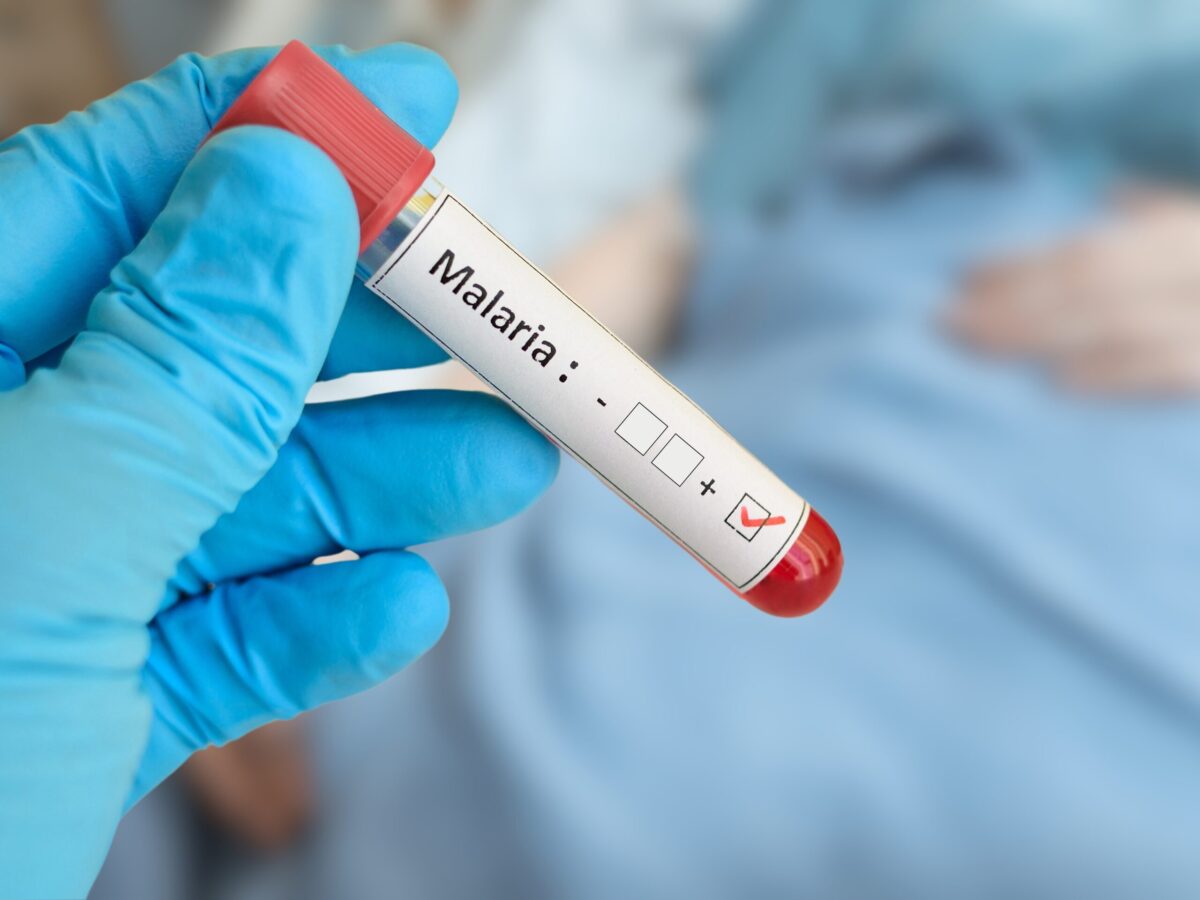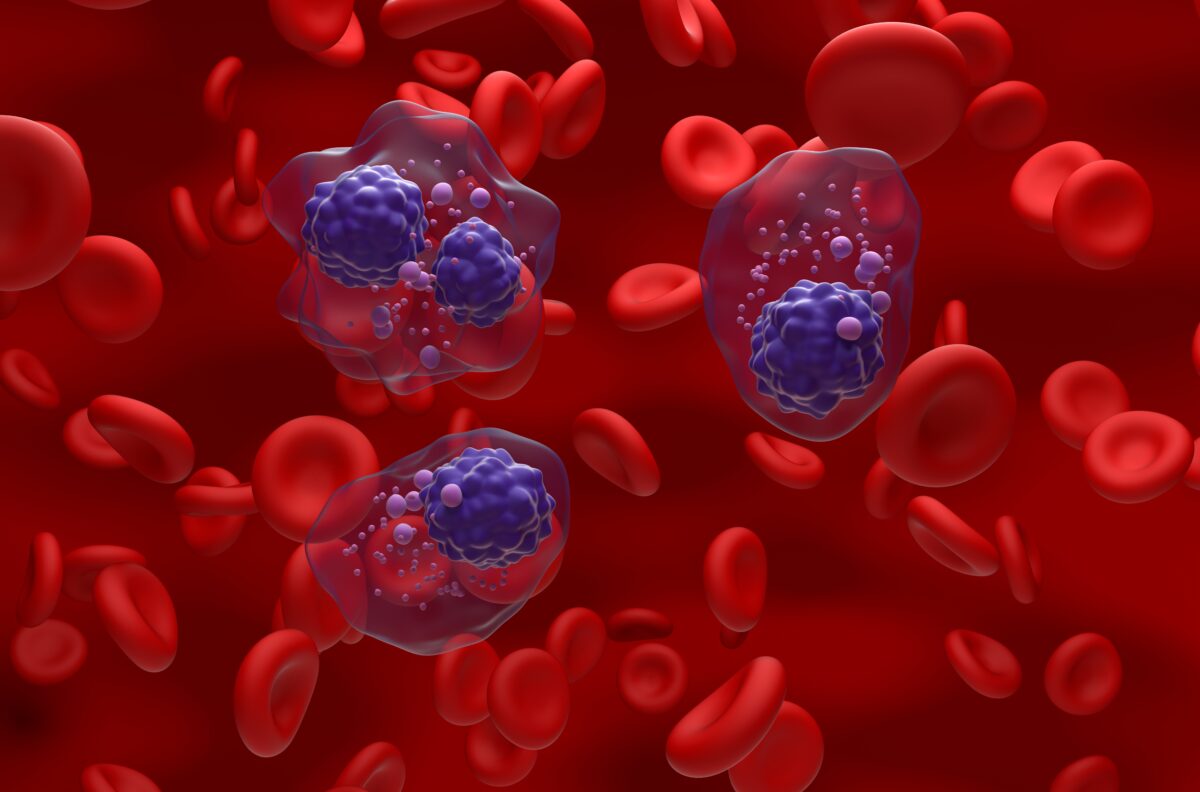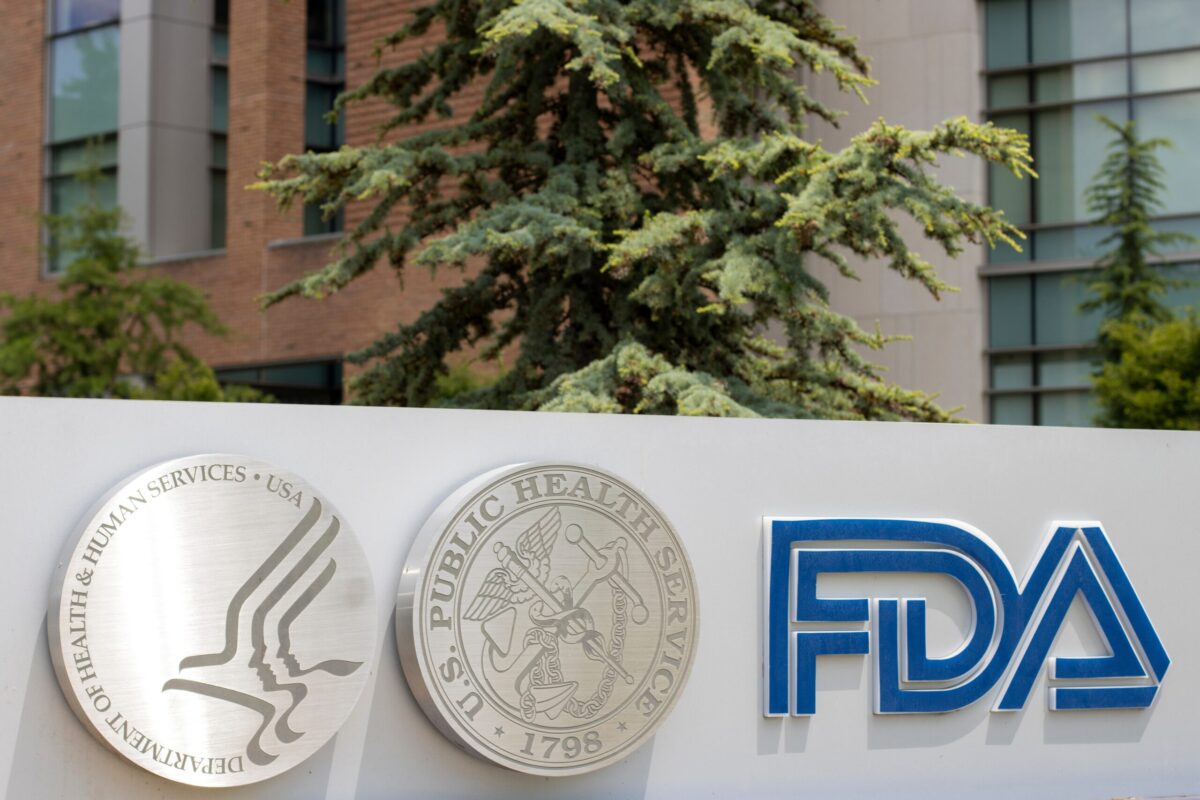Mitsubishi Tanabe Pharma America last week announced US Food and Drug Administration (FDA) approval of RADICAVA ORS (edaravone), a medication for patients with amyotrophic lateral sclerosis (ALS). RADICAVA ORS is an oral form of RADICAVA, which is an intravenous (IV) formulation of the same medication. RADICAVA ORS and RADICAVA are indicated to treat ALS, with clinical trials demonstrating that RADICAVA slows loss of physical function.
ALS Treatments
ALS, also known as Lou Gehrig’s disease, is a rapidly progressing neurodegenerative disorder that causes severe muscular dysfunction. There is no cure for ALS, and patients typically live only three to five years after symptoms emerge. Symptoms of ALS include difficulty swallowing, slow speech, respiratory insufficiency and motor impairments, such as muscle cramps, spasticity, weakness and atrophy.
In addition to RADICAVA and RADICAVA ORS, other therapies approved for ALS include Rilutek (riluzole), an oral pill; additional formulations of the medication are also available as Tiglutik (thickened riluzole) and Exservan™ (riluzole oral film). Rilutek was the first approved medication for ALS. Nuedexta® (dextromethorphan HBr and quinidine sulfate) is a medication approved for pseudobulbar affect in patients with ALS and multiple sclerosis.
RADICAVA and RADICAVA ORS are the first new treatments to be approved for ALS in over 20 years.
RADICAVA ORS Clinical Trial Results
Results from the RADICAVA ORS clinical trials demonstrated that the oral formulation of the drug was safe and tolerable in patients with ALS. The FDA’s approval of RADICAVA ORS was supported by data from the Phase III trial of the IV formulation of the drug in which patients treated with RADICAVA experienced a 33 percent reduction in the rate of physical function loss at 24 weeks.
The Phase III RADICAVA ORS trial demonstrated that the oral formulation is both safe and tolerable; another ongoing Phase III trial is evaluating its long-term effects. Several pharmacological studies confirmed similar pharmacokinetics between the two formulations of the drug.
In the clinical trials, the most common adverse events of RADICAVA were bruising (contusion), problems walking (gait disturbance) and headache. In the more recent open-label study, fatigue was reported by 7.6 percent of patients taking RADICAVA ORS.
XTALKS WEBINAR: Development of Covalent Drugs with New Emerging Technologies
Live and On-Demand: Wednesday, July 6, 2022, at 11am EDT (4pm BST/UK)
Register for this free webinar to learn about the new emerging technologies to develop covalent therapeutics. The featured speaker will discuss covalent vs non-covalent drugs, and how covalent drugs can reduce off-target events and increase patient compliance.
Potential Benefits of RADICAVA ORS for ALS
RADICAVA ORS can be taken orally or through a feeding tube as a daily 5 mL dose across a 14-day dosing cycle. This new formulation provides ALS patients and their caregivers with a different dosing option for RADICAVA.
“It is crucial that patients have treatment and formulation options that accommodate their own unique needs, and RADICAVA ORS provides HCPs [healthcare professionals] who have prescribed their ALS patients edaravone with an alternate delivery option,” said Tulio Bertorini, MD, professor of neurology at The University of Tennessee Health Science Center, in Mitsubishi Tanabe Pharma America’s press release.
ALS Candidates in the Pipeline
There are many different compounds currently in testing for ALS, such as gene therapies. As of 2021, over 60 pharmaceutical, research and government/individual/investigator-initiated companies are pursuing research on therapies for ALS.
While several of these candidates are in the discovery/pre-clinical phases, a few are moving closer toward the FDA approval process. Amylyx Pharma is expecting an approval from the FDA at the end of June for their medication, AMX0035. In addition, Biohaven Pharmaceuticals (verdiperstat), Clene Nanomedicine (CNMAU-8) and Prilenia Therapeutics (pridopidine) are anticipating a read out of their Phase II/III trials, which are part of the HEALEY ALS trial. Two other companies — Wave Life Sciences (WVE-004) and Eledon Pharmaceuticals (AT-1501) — are currently assessing their candidates in Phase I/II trials and are also expecting to release data this year.
As these candidates have different mechanisms of action, there is certainly potential for the approval of additional options this year to treat ALS should these trials confirm their safety and efficacy.












Join or login to leave a comment
JOIN LOGIN